News Archive
-
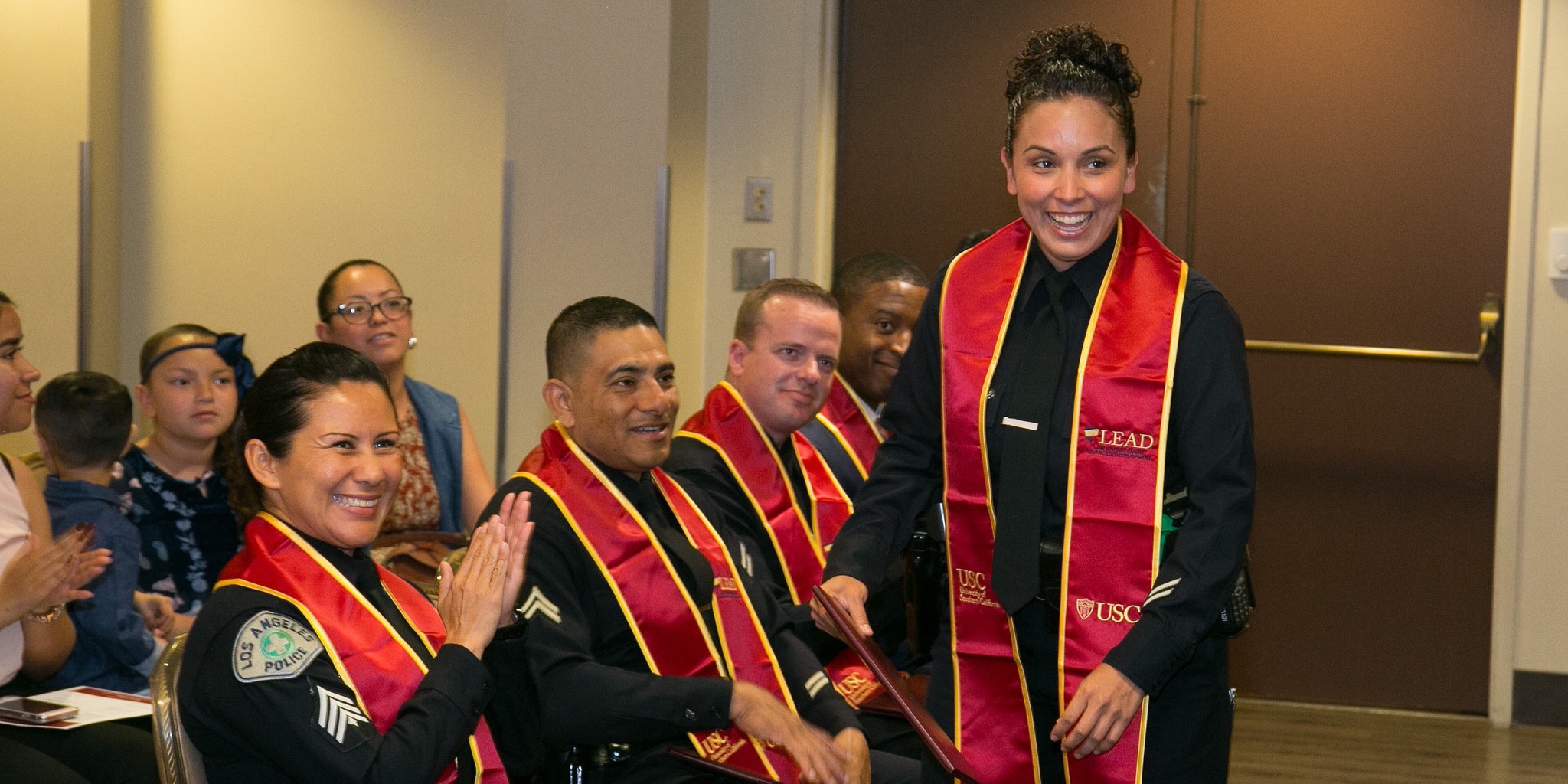
Cecilia Frausto identified a problem she came across often in her job with the Los Angeles Police Department and offered a clear, simple and easily implementable solution.
Her Southwest Division responds to an average of five domestic violence calls a day, and about 75 percent of domestic violence victims have children under the age of 18.
“The majority of juveniles who are delinquent that I have had the privilege to work with have experienced some sort of domestic violence in their household and also come from a broken family situation,” Frausto said.
-
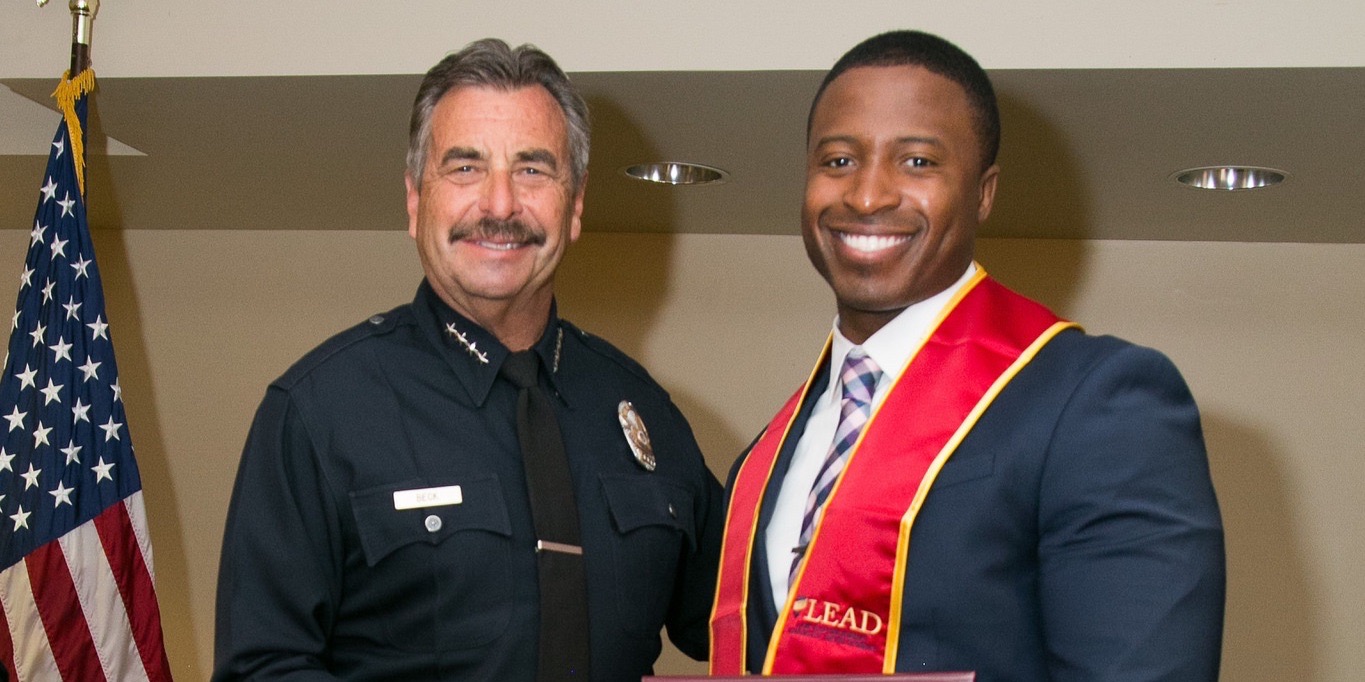
Last year, USC launched a partnership with the Los Angeles Police Department to create the Law Enforcement Advanced Development (LEAD) program.
-

The social stigma surrounding mental health can complicate treatment and negatively impact outcomes — particularly when it comes to men. What can social workers do to overcome this hurdle?
Mental health isn’t often thought of as a “men’s health” issue in particular, although it probably should be. The stigma surrounding mental health is particularly strong for men, and as a result, they are more likely than women to go undiagnosed or untreated for mood disorders such as depression and anxiety.
-
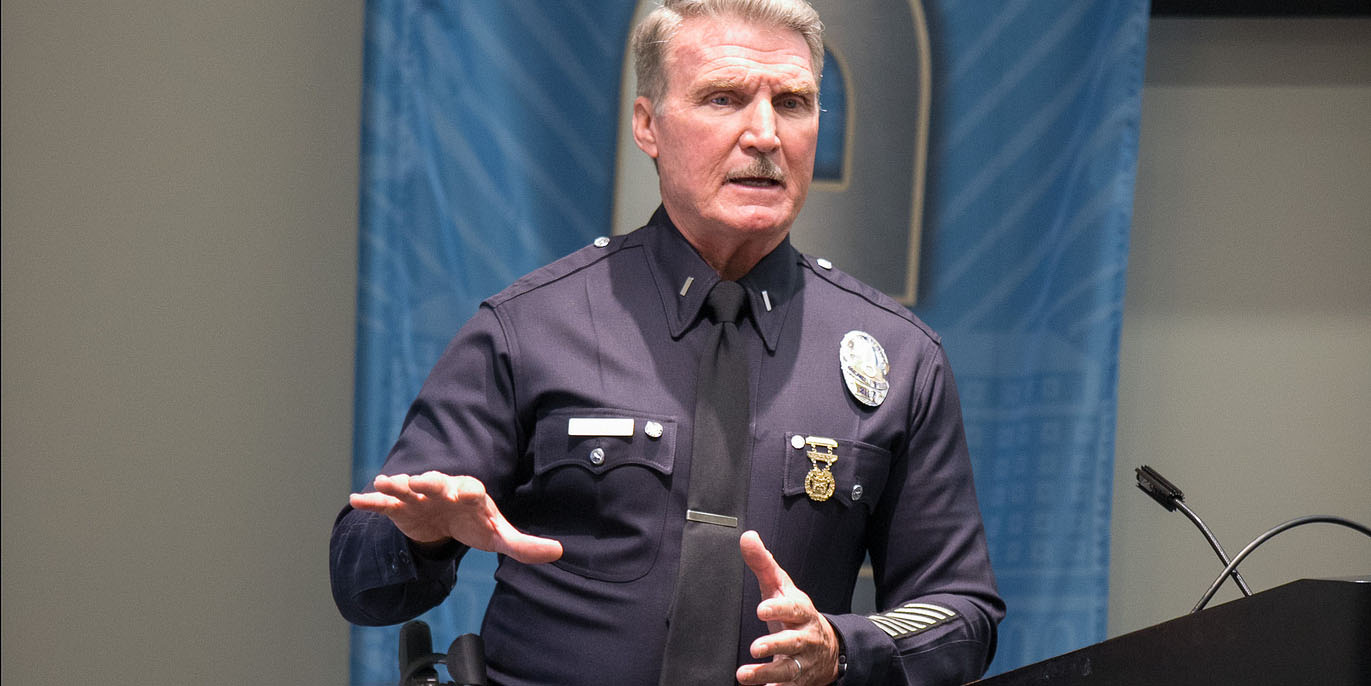
Last year, USC launched a partnership with the Los Angeles Police Department to create the Law Enforcement Advanced Development (LEAD) program.
-
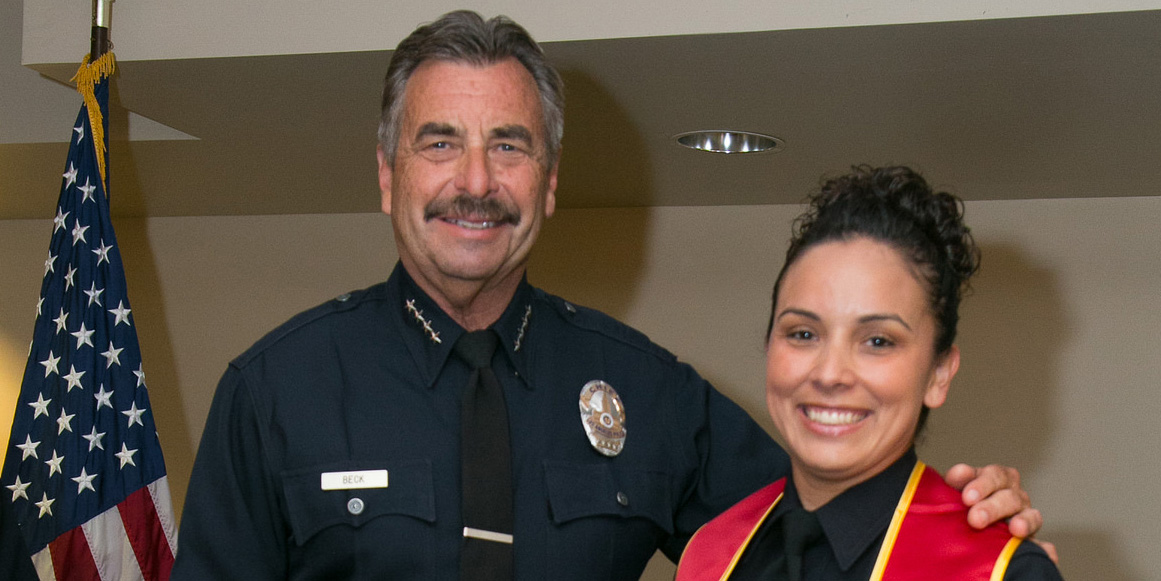
Last year, USC launched a partnership with the Los Angeles Police Department to create the Law Enforcement Advanced Development (LEAD) program.
-
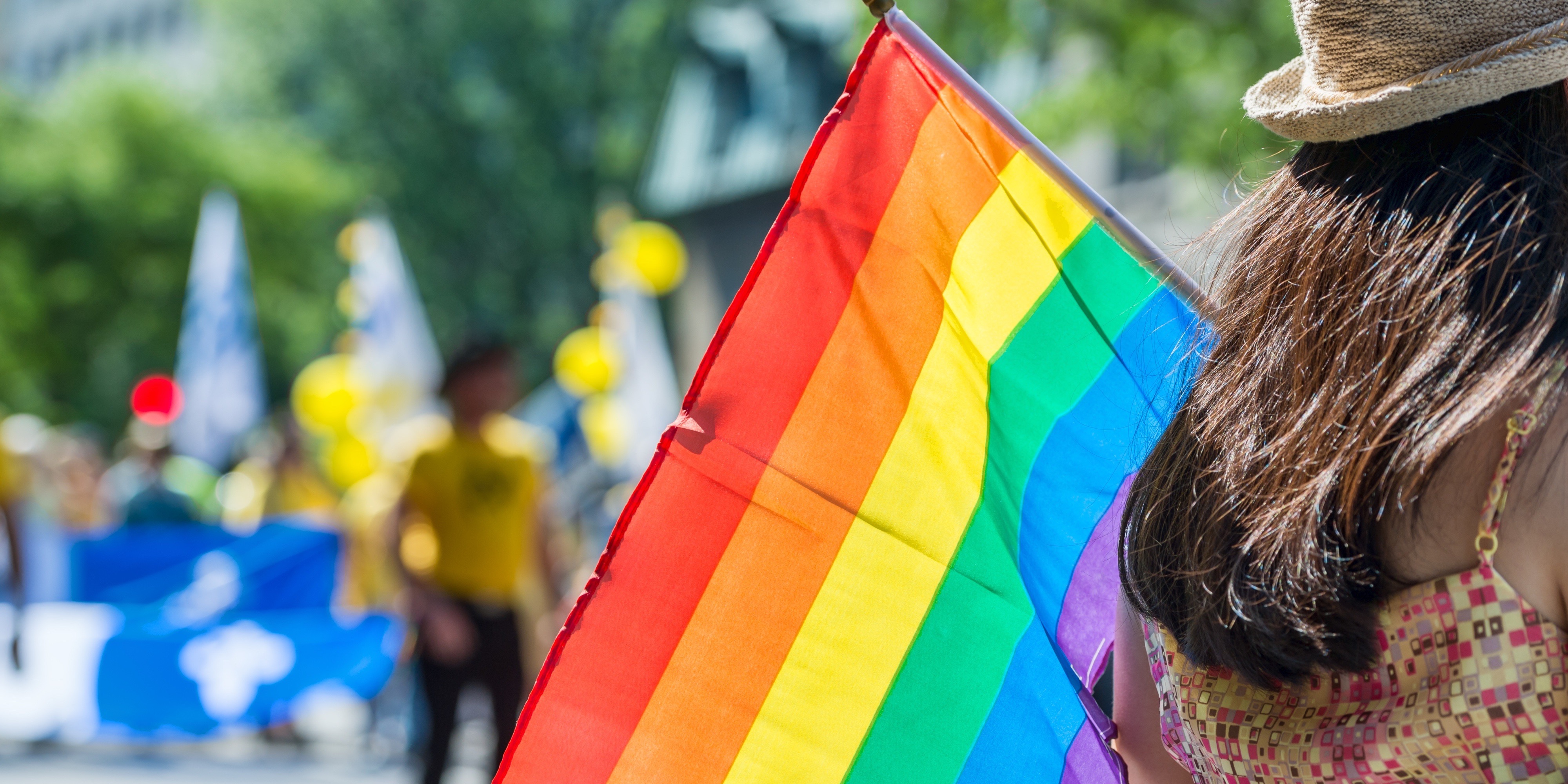
Jeremy Goldbach, director of the USC LGBT Health Equity Initiative, discusses how he became involved in LGBTQ health research and HEI’s accomplishments to date.
Every June, Pride Month creates an opportunity for open dialogue surrounding issues that affect the LGBTQ community. Here at the USC Suzanne Dworak-Peck School of Social Work, we recognize the work of students and faculty who have made important strides toward equality for LGBTQ-identifying individuals.
-
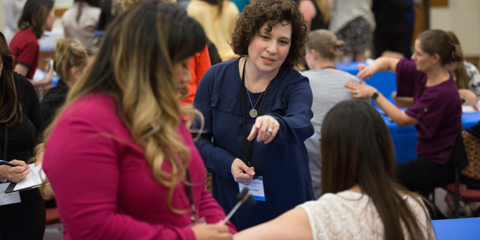
The Department of Nursing at the USC Suzanne Dworak-Peck School of Social Work has earned a prestigious national accreditation from the Commission on Collegiate Nursing Education (CCNE), an accrediting agency of the U.S. Department of Education.
The five-year accreditation, the maximum duration for a first-time applicant, comes just weeks after the school graduated its first three Master of Science in Nursing (MSN) students in May.
-
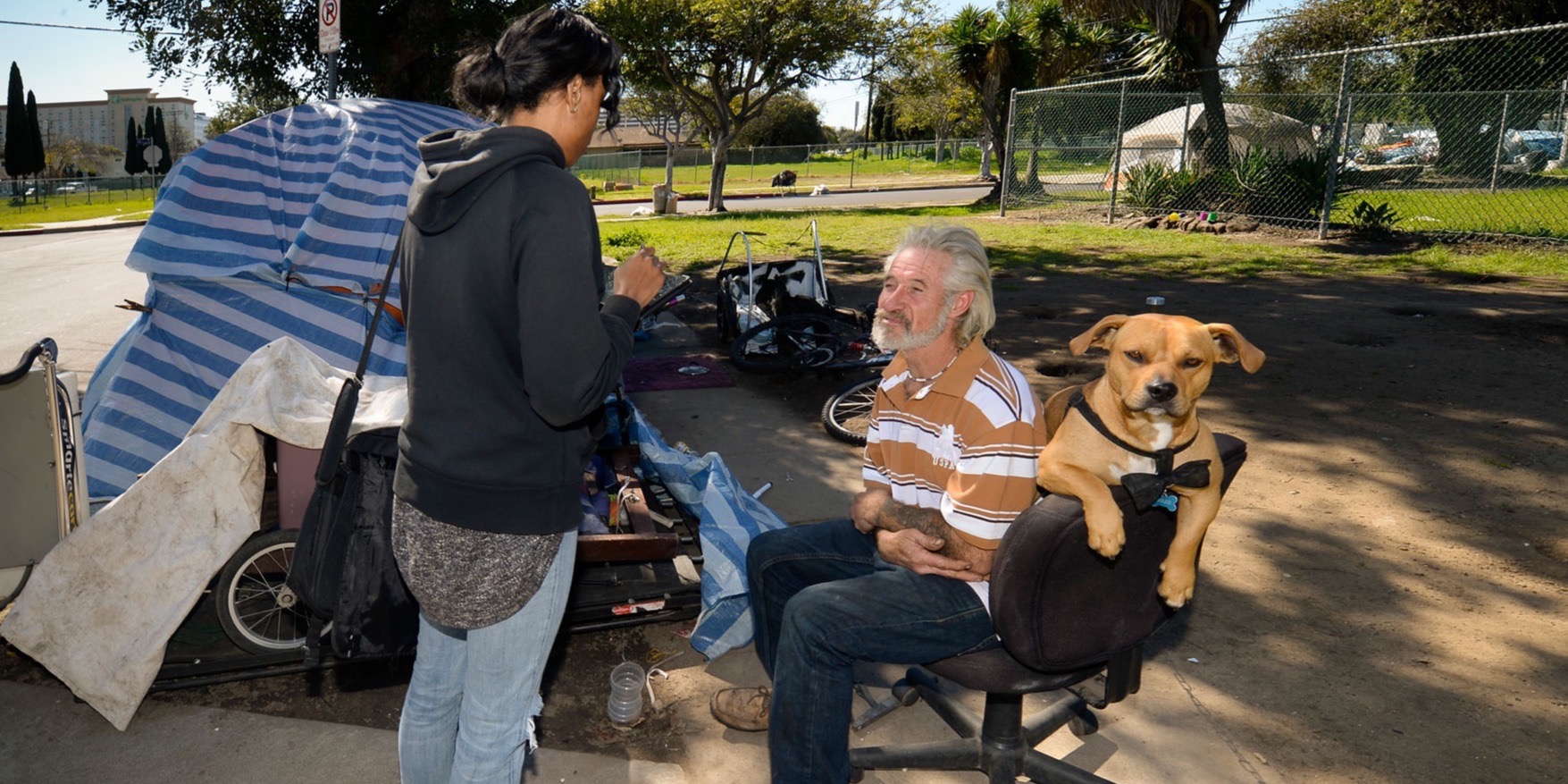
USC researchers announce data that shows a 3 percent drop in Los Angeles County since 2016
For the first time in four years, the number of homeless people in Los Angeles has dropped.
According to data analyzed by USC researchers in partnership with the Los Angeles Homeless Services Authority (LAHSA), 53,195 people experienced homelessness in Los Angeles County in 2017. The number represents a 3 percent drop compared to 2016. In the city of Los Angeles, the drop was 5 percent.
-
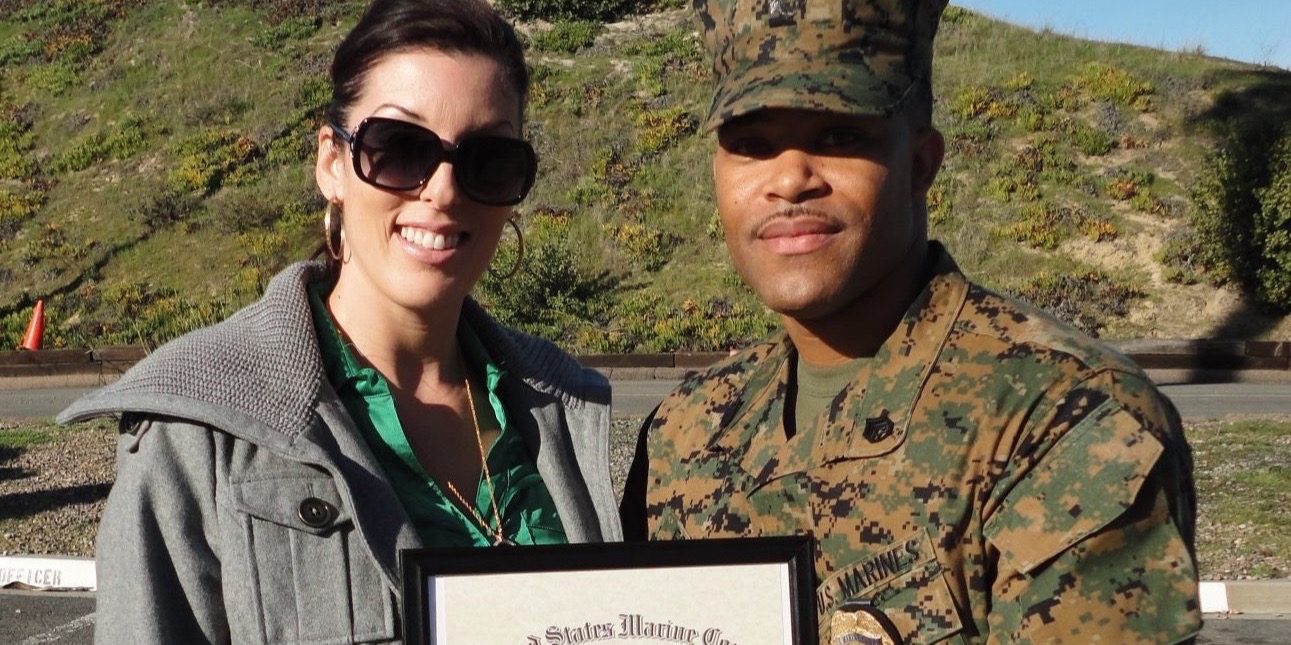
Dexter Egleston, MSW ‘17, discusses the ways in which PTSD affects military personnel, and how policy-focused social work can be used to combat the negative effects of this disorder.
-
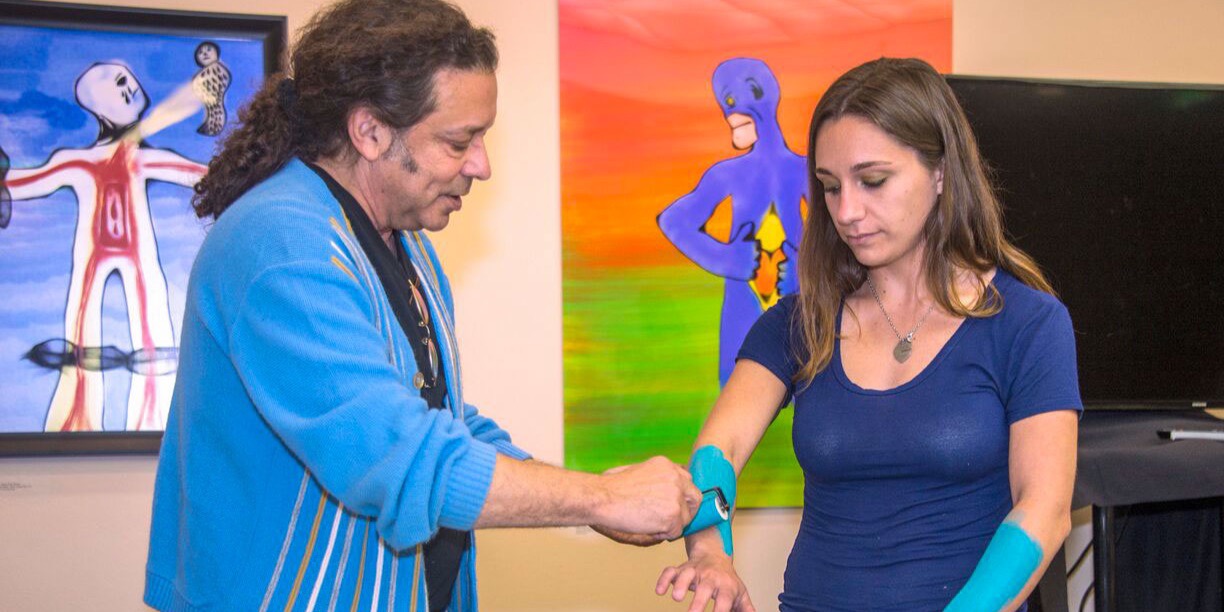
Breana Wiles walked into the workshop curious.
A part of a USC student-led initiative called Art Rx, the workshop aimed to bridge physical and emotional pain with art. Today’s was focused on scars.
Blue ink was rolled up and down her arms and transferred to paper. For the first time, Wiles saw the deep lines off of her body.